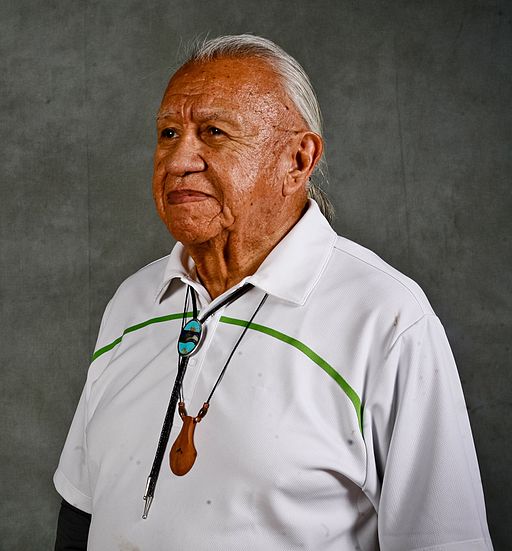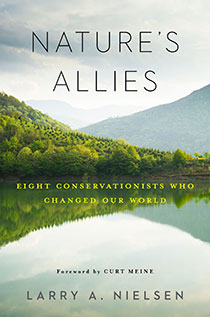February 12 marks the anniversary of one of the 20th Century’s most important judicial decisions, made by Judge George Hugo Boldt in 1974. The decision allocated half of the annual catch of Pacific salmon to Native Americans.
And with that decision, a new era of scientific fisheries management began. Along with 50 percent of the fish, the decision also awarded Native Americans co-management responsibility with state and federal agencies. From the ruling on, everyone needed to know how many fish existed and how many could be caught sustainably. Spurred on by the decision, fisheries scientists developed techniques for estimating population sizes, monitoring catches, and understanding the dynamics of population change over time. Today, Pacific salmon are the most studied and best understood fish populations in the world.

Why did Judge Boldt make such a revolutionary decision? It all began in 1854, when the new governor of the Washington Territory, Isaac Stevens, brokered a treaty with the local Native Americans. The treaty promised that the Native Americans could fish where and how they always fished, forever. For a century no one much cared, but in the 1950s, dams, pollution, and overfishing devastated salmon populations. That’s when state authorities, looking for a scapegoat, started hassling Native American fishermen.
Among those fisherman was Billy Frank Jr., one of the eight conservationists I profile in Nature's Allies. Frank was a young Nisqually Indian who followed in his father’s and grandfather’s waders as a salmon fisherman. He held strongly to his family’s belief that the treaty was sacred—and the law. Consequently, he was always in the middle of the fray: Billy Frank Jr. was arrested more than 50 times for just doing what the treaty had guaranteed.

As the years passed and the arrests accumulated, the plight of Native Americans joined with other social causes in the turbulent 1960s—civil rights, feminism, anti-war, poverty. With the help of Hank Adams, a brilliant Native American strategist and communications savant, Billy Frank’s message reached into the living rooms of Americans across the nation. And when a particularly violent confrontation occurred in 1970, a disgusted federal attorney sued the state of Washington for violating the treaty.
A few years and much legal wrangling later, Judge Boldt ruled for the Native Americans. Eventually, the U.S. Supreme Court also ruled in their favor. And today, because of the bravery and persistence of Billy Frank Jr. on the riverbank and the integrity of Hugo Boldt on the bench, Pacific salmon are again returning to abundance on our northwest Pacific coast.
The lesson here is obvious—never give up. When matters of principle are at stake, and especially when those principles involve sustaining our earth and sharing its resources fairly, never, ever give up.


